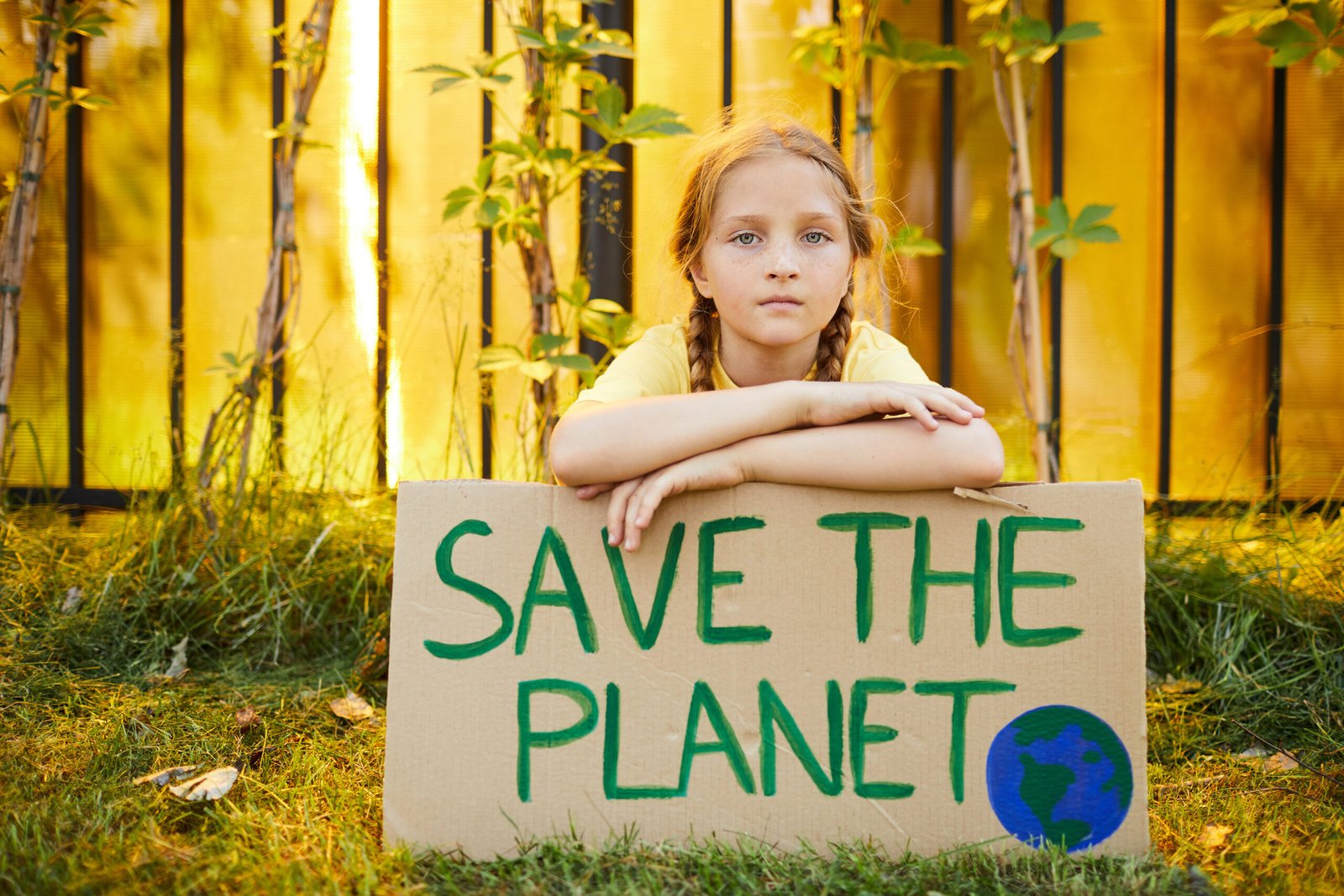
After COP28: Building on Solid Ground for Future Climate Action
- foodfightadmin
- January 1, 2024
- Climate Change, Events, Global Hunger
- adlps, ads pages
- 0 Comments
The COP28 climate summit in Dubai marked a pivotal moment in the global fight against climate change, starting with the launch of a new fund to address the severe losses and damages faced by climate-vulnerable countries and concluding with an unprecedented agreement to confront the primary driver of climate change: fossil fuels. This summit tackled the world’s core climate challenges head-on, aiming to rapidly transform key systems to reduce emissions and address the significant impacts already in play.
A central highlight of this year’s COP was the first-ever Global Stocktake, a key mechanism of the Paris Agreement designed to assess global climate progress every five years and energize more robust climate action. The outcome of this Stocktake, known as the UAE Consensus, comprehensively covered a broad spectrum of climate issues. It sent vital signals across crucial sectors, including energy, transportation, and nature, while providing a roadmap for the upcoming national climate commitments (NDCs) scheduled for 2025.
A groundbreaking development at the summit was the decision to move away from fossil fuels. For the first time in three decades of UN climate negotiations, this term found its way into a COP’s formal outcome. Despite substantial lobbying by oil and gas industries, determined negotiators secured a deal that heralds the decline of the fossil fuel era. This agreement was notably significant, coinciding with the hottest year on record.
In parallel to the formal negotiations, COP28 witnessed considerable progress in other areas. New commitments were made to reduce methane emissions, promote more sustainable food systems, and protect forests, among other initiatives.
However, the summit also faced its share of challenges. The chief negotiator for the Alliance of Small Island States (AOSIS), representing 39 nations, acknowledged the positive aspects of the agreement but expressed concerns over the inclusion of carbon capture technology and other provisions. She emphasized that the urgent corrective measures needed to avert a climate crisis were still not firmly in place.
Further, the summit saw limited progress in other negotiation areas. Specific details were missing from adaptation targets, and financial discussions were not comprehensive, leaving uncertainties about funding the significant clean energy transition that the world has now committed to. This gap in clarity and specificity sets a crucial agenda for the next year’s climate summit in Azerbaijan (COP29), which is expected to offer breakthroughs on complex and fundamental questions about finance.
Delving deeper into COP28’s outcomes, several key issues emerged:
- Fossil Fuels & Clean Energy: The UAE Consensus urged a swift global transition away from fossil fuels to achieve net-zero emissions by 2050. This call encompasses a rapid shift away from fossil fuels in the near term and sets a long-term direction towards a zero-carbon future. The outcome also included targets to triple the world’s renewable energy capacity and double its energy efficiency by 2030. Additionally, countries were encouraged to boost emissions reductions in road transport, not only through zero-emissions vehicles but also via shifts to public transport and safe cycling infrastructure. The transition was emphasized to be just and equitable, considering varying national circumstances.
- Loss and Damage Fund Operationalized: After extensive discussions throughout the year, the Loss and Damage Fund was fully activated on the first day of the Dubai summit. This fund aims to assist climate-vulnerable countries with climate impacts beyond their adaptive capabilities. The operationalization of the fund was a hard-won achievement, where developing nations had to make considerable concessions.
- Adaptation: While a framework for understanding the Global Goal on Adaptation was established, it lacked quantifiable targets and financial support mechanisms for developing countries. The framework made only a cursory reference to the widening adaptation finance gap, although the Global Stocktake outcome acknowledged that financial support must significantly scale up.
- Climate Finance: Most finance issues were deferred to COP29, with the emergence of a new climate finance goal, the New Collective Qualitative Goal (NCQG). This new goal, which will replace the current commitment of providing $100 billion annually in climate finance, will need to reflect developing countries’ needs and priorities, estimated to be between $5.8 trillion and $5.9 trillion up until 2030.
- National Climate Plans (NDCs): The Global Stocktake outcome calls for countries to submit new, more ambitious NDCs by 2025, with updated 2030 targets and new targets for 2035. The COP28 decision highlighted the need for NDCs to reflect multi-sectoral transformations, including clean energy, nature conservation, and road transport.
- Carbon Markets: COP28 did not finalize any decisions on rules for carbon markets, leaving significant questions on international carbon trading unanswered. This deferral to COP29 also prevented the adoption of rules that could potentially compromise environmental integrity and transparency.
- Food: Major announcements were made outside the formal negotiations on food, a significant milestone as the issue has historically been underrepresented in COP discussions. 158 countries signed the COP28 UAE Declaration on Sustainable Agriculture, Resilient Food Systems, and Climate Action, committing to integrate food and food systems into their NDCs by 2025.
- Cities: Cities and subnational actors played a larger role at COP28 than in any previous COP. The summit hosted the “Local Climate Action Summit,” which brought together over 500 mayors, governors, and other subnational leaders. The final COP28 agreement highlighted the critical role of cities in climate action, with an emphasis on zero-emission vehicles and reducing health impacts in urban areas.
- Methane: COP28 saw significant commitments to address methane pollution. Governments, companies, and philanthropies announced over $1 billion in new grants aimed at cutting methane emissions in key sectors.
- Forests & Land Use: The summit reaffirmed the commitment to the Glasgow Leaders’ Declaration on Forests and Land Use. New financing mechanisms were announced to support the goals of the Glasgow Declaration, including a proposal for a global Tropical Forests Forever fund and agreements under the LEAF Coalition.
As the summit concluded, the focus shifted to translating COP28 commitments into actionable national policies and ensuring the availability of finance to implement them. These commitments are seen as foundational but not exhaustive in the global effort to combat climate change. The effectiveness of these outcomes will largely depend on how nations incorporate the UAE Consensus into their upcoming NDCs and enact transformative domestic legislation and policies. Global agreements set the direction, but the fate of the world’s climate will ultimately be determined by the collective actions of countries in addressing the climate crisis.








